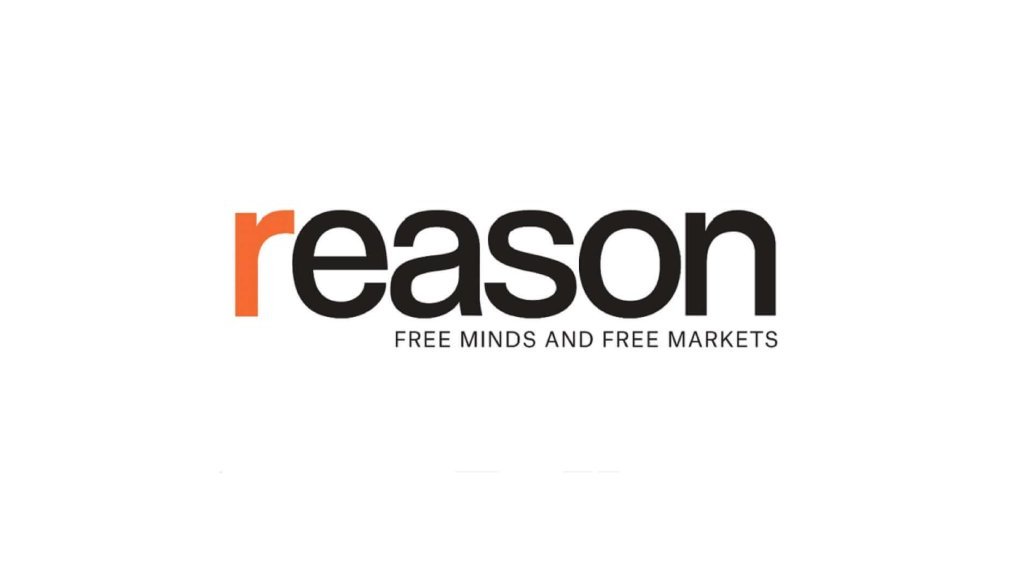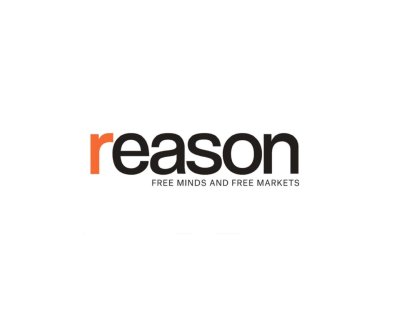Trump v. CBS Broadcasting Inc. Likely Going Nowhere
Yesterday’s Complaint in this case essentially alleges that CBS’s editing of the 60 Minutes Harris interview was “false, deceptive, or misleading,” and thus a violation of Texas’s consumer protection law. But states generally can’t impose liability for misleading or even outright false political speech. To quote the Washington Court of Appeals in WASHLITE v. Fox News, where plaintiff unsuccessfully sued Fox for allegedly false statements about COVID,
[T]he Supreme Court in U.S. v. Alvarez (2012) disavowed the principle that false expressions in general receive a lesser degree of constitutional protections simply by virtue of being false. The court stated that its precedent restricting the value or protections afforded objectively false statements
all derive from cases discussing defamation, fraud, or some other legally cognizable harm associated with a false statement, such as an invasion of privacy or the costs of vexatious litigation. In those decisions the falsity of the speech at issue was not irrelevant to our analysis, but neither was it determinative. The Court has never endorsed the categorical rule the Government advances: that false statements receive no First Amendment protection.
The court went on to explain that,
[w]ere the Court to hold that the interest in truthful discourse alone is sufficient to sustain a ban on speech, absent any evidence that the speech was used to gain a material advantage, it would give government a broad censorial power unprecedented in this Court’s cases or in our constitutional tradition.
WASHLITE’s allegations that the challenged statements are false and recklessly made simply cannot overcome the protections afforded speech on matters of public concern under the First Amendment, even in the face of the State’s undoubtedly compelling interest in the public dissemination of accurate information regarding threats to public health.
The First Amendment’s guarantee of free speech does not extend only to categories of speech that survive an ad hoc balancing of relative social costs and benefits. The First Amendment itself reflects a judgment by the American people that the benefits of its restrictions on the Government outweigh the costs. Our Constitution forecloses any attempt to revise that judgment simply on the basis
Article from Latest

The Reason Magazine website is a go-to destination for libertarians seeking cogent analysis, investigative reporting, and thought-provoking commentary. Championing the principles of individual freedom, limited government, and free markets, the site offers a diverse range of articles, videos, and podcasts that challenge conventional wisdom and advocate for libertarian solutions. Whether you’re interested in politics, culture, or technology, Reason provides a unique lens that prioritizes liberty and rational discourse. It’s an essential resource for those who value critical thinking and nuanced debate in the pursuit of a freer society.




